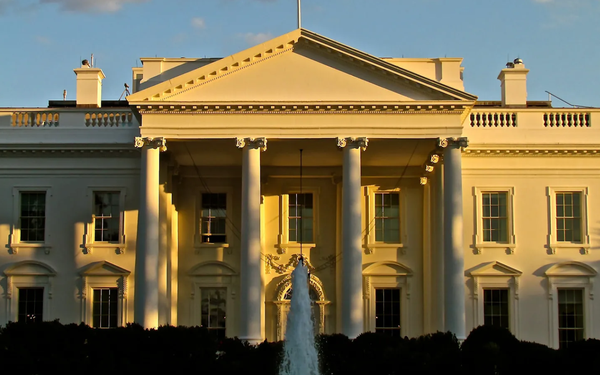Commentary
Harris Campaign Rewrote News Headlines For Google Ads: What Went Wrong?
- by Laurie Sullivan , Staff Writer @lauriesullivan, August 16, 2024

The Harris campaign has been editing news headlines and using them in Google search ads that make the ads appear as if the Guardian, Reuters, CBS News and other major publishers support her.
Media outlet Axios discovered Harris campaign’s targeting technique, which apparently is common in search advertising. For several reasons, Google says it doesn’t violate Google’s policies. Some ad executives say it does, while others say it doesn't.
When people search on Google for the keywords “Kamala Harris” or on issues related to abortion or other keywords, the Harris campaign is buying search ads and linking them to articles in Guardian.uk, for example, explains Marty Weintraub, founder of the agency Aimclear.
Weintraub explained the Harris campaign rewrote the headline for the search ads in a way that makes it seem the article favors Harris.
advertisement
advertisement
The search ads mimic real news articles, so much so Axios reported that it caught news outlets “off guard.” Apparently Google says it okay as long as the ads are marked as Sponsored, but Weintraub added that it violates Facebook’s policies.
The Google search ads running with the “Sponsored” tag do not immediately make it clear that the text accompanying the news links are written by the Harris campaign and not by the media publication itself. Google argues that the label, "Sponsored," distinguishes the ads from the articles.
A Guardian spokesperson told Axios: "While we understand why an organization might wish to align itself with the Guardian's trusted brand, we need to ensure it is being used appropriately and with our permission.”
Weintraub said the Google search ad tactic is completely legal, that is until if and when the company decides to change the practice to look after publishers.
The Harris campaign is buying search ads and linking them to mainstream articles, but they are framing the ad before people read it, Weintraub said. The publications, for the most part, accept it because a third party is buying traffic to their site.
“Publications are not going to say, oh don’t send me traffic,” Weintraub said. “And the campaign was probably careful to not directly steal words connected to copyrights. I’m allowed to buy a link from any creative on Google to any publication I want. The ads are probably similar to the original headlines, but tough darts.”
Until the United States or Google passes a law saying advertisers cannot buy traffic to any site they want, Weintraub called it a “brilliant” strategy.
“It’s a tempest in a teapot,” he said. “Google lets you do this, but it’s not abuse or coloring outside the line. It’s just the rules.”
Tim Daly, general manager and founder of Vincodo, has a different perspective.
Daly believes the ads violate copyright laws, trademarks, and misleading ads. "If I did it as an advertiser, I would be banned from Google's network," he said. "They are misleading and they use someone else's copyrights without permission."
He called the terms of service violations clear.
The problem, as I see it, is that people reading the ad do not know the marketing tactic based on the paid-search ads, and that’s where the rules get a little cloudy.
That's especially true when NPR writes headlines such as "Harris wants to give families a tax break for a new baby," which is something California somewhat already does. It's called Young Child Tax Credit, and that's one reason the state faces a serious deficit. Mothers on welfare in California for years have had children just to take advantage of the money the state is willing to pay parents.
While Google said the ads don't violate its rules, Axios reports that platforms have in the past wrestled with whether this type of format can spread misinformation. It points to Facebook’s ban on the ability for advertisers to edit text from Instant Article news links in ads in 2017, citing its "continuing efforts to stop the spread of misinformation and false news."



